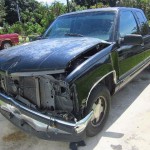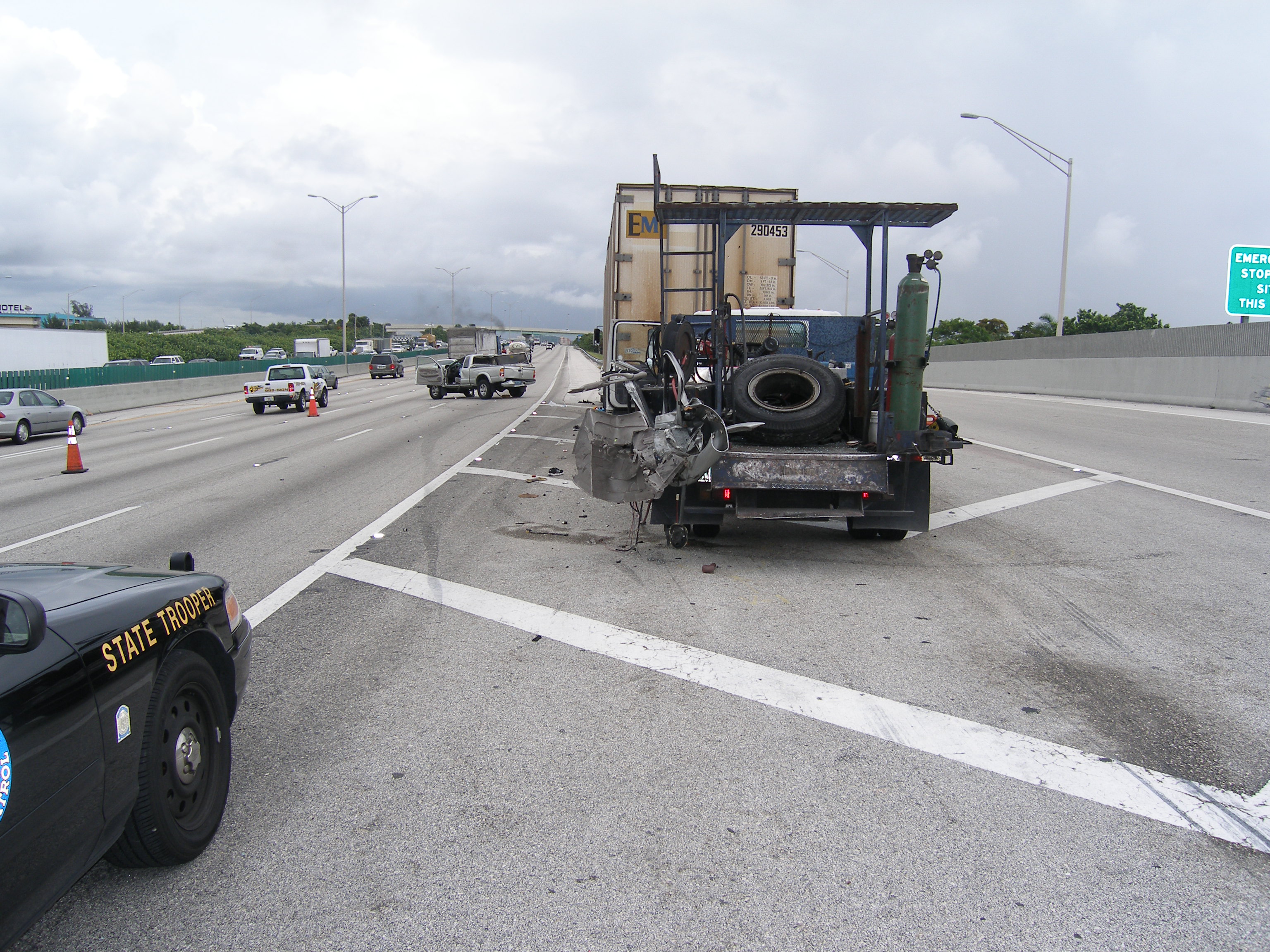 Floridians, like residents in every state, are acutely aware “of the terrible toll taken, both in personal injuries and property damage, by drivers who mix alcohol and gasoline,” Ontiveros v. Borak, 136 Ariz. 500, 667 P.2d 200, 205 (1983). While many of the culprits receive their intoxicating fuel from bars and restaurants, the legal standard for holding establishments liable for vehicle crashes caused by their patrons is exceedingly high. §768.125 Florida Statutes, Florida’s Dram Shop statute, provides the standard:
Floridians, like residents in every state, are acutely aware “of the terrible toll taken, both in personal injuries and property damage, by drivers who mix alcohol and gasoline,” Ontiveros v. Borak, 136 Ariz. 500, 667 P.2d 200, 205 (1983). While many of the culprits receive their intoxicating fuel from bars and restaurants, the legal standard for holding establishments liable for vehicle crashes caused by their patrons is exceedingly high. §768.125 Florida Statutes, Florida’s Dram Shop statute, provides the standard:
Liability for injury or damage resulting from intoxication.—A person who sells or furnishes alcoholic beverages to a person of lawful drinking age shall not thereby become liable for injury or damage caused by or resulting from the intoxication of such person, except that a person who willfully and unlawfully sells or furnishes alcoholic beverages to a person who is not of lawful drinking age or who knowingly serves a person habitually addicted to the use of any or all alcoholic beverages may become liable for injury or damage caused by or resulting from the intoxication of such minor or person.
 Florida Injury Attorney Blawg
Florida Injury Attorney Blawg










